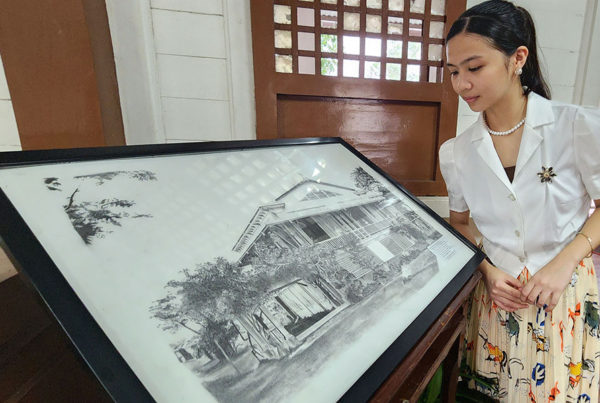Dagupan City shares secret of its tasty bangus
WHAT makes Dagupan bangus distinctly tasty compared to bangus from other parts of the province and other provinces?
Not a few self-proclaimed bangus connoisseurs offered their prognosis, i.e., a special feed, special water formula concocted by pond owners, location of ponds, etc.
But here’s what a respected local historian (himself a voracious Dagupan bangus eater) offers as the best explanation.
The secret of the Dagupan bangus lies not on what it is fed but on the salanity and quality of water where it is being raised.
Historian Restituto Basa, who was apprised over the years on the system of bangus culture in Dagupan by industry stakeholders including the fish-farmers themselves, made this revelation on the occasion of the ongoing Dagupan Bangus Festival.
Basa, who has also keenly observed the development of the bangus industry over the decades, said the huge volume of fresh water draining into Dagupan City could very well be the reason why the Dagupan bangus tastes better than any others produced anywhere else in the province or in the country.
The fresh water from the uplands blends well with the saline water of the city, said Basa.
The fresh water coming from the Cordillera through the Bued, Sinucalan and Agno rivers, from the Sierra made through the Lagasit River in Rosales, and from Zambales Mountain through tributaries in Urbiztondo, Aguilar and Bugallon mix with the salty water in Dagupan’s river systems, he pointed out.
The mixture of fresh and salty water in the Dagupan rivers produces water that is lighter in salanity, which offer the best condition for growing bangus.
Basa said the presence of two river deltas in Dagupan, one located in the Bued-Cayanga area and the other in Bonuan-Sabangan, further enhances the culture of bangus in the city.
“This plenty of fresh water draining into Dagupan, plus its clayish soil as a result of the river deltas are wonderful gifts of God,” Basa said.
From its rivers, Dagupan also grows nipa which are made into roof shingles and whose sap can be turned into a concoction which has the same effect as gin.
So far, nobody has come forward to refute Basa’s claim. —LM







